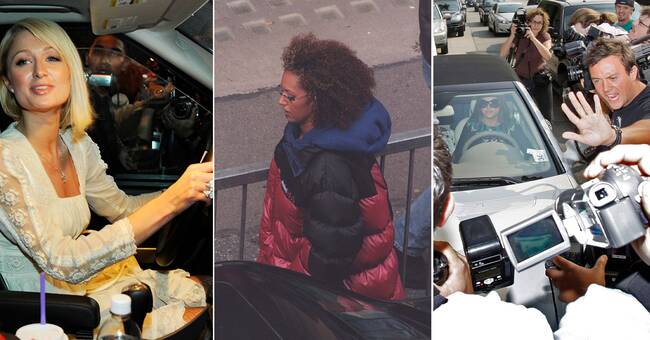Britney Spears was asked if she was a virgin and was chased around the clock by paparazzi photographers.
Monica Lewinsky has called herself "patient zero" for online hate and Paris Hilton has said in retrospect that the attention around her "leaked sex film" felt like being raped.
Today, the sex film was more likely to be called revenge porn.
Now a series of documentaries deal with how celebrity women were treated during the 90s.
Metoo is behind it
- I think it's in the wake of metoo.
Add that the celebrities themselves went out and told that they have not felt well, says Natalie Demirian, entertainment journalist at Aftonbladet.
In the 1990s, American cable channels began broadcasting news around the clock, increasing the pressure on content that sells and can be followed for a long time.
- The paparazzi culture was worse then than ever.
You could get huge sums if you captured the right image of the stars, says Natalie Demirian.
Counter-reaction in social media
Vanity Fair writer David Friend has written the book The Naughty 90s and describes that the "humiliation market" grew large during the 90's.
It can be partly linked to television programs such as Jerry Springer, writes The New York Times.
- Those who were treated the worst were those who were minors, who grew up in the spotlight.
It was no wonder to ask Britney Spears if she was a virgin, says Natalie Demirian.
She believes that it is not as bad today, much because of social media:
- Then there will be a backlash.
The celebrities themselves have their own platforms on which they can speak.
The documentary series Spice Girls - When girl power changed the world is available on SVT Play.

